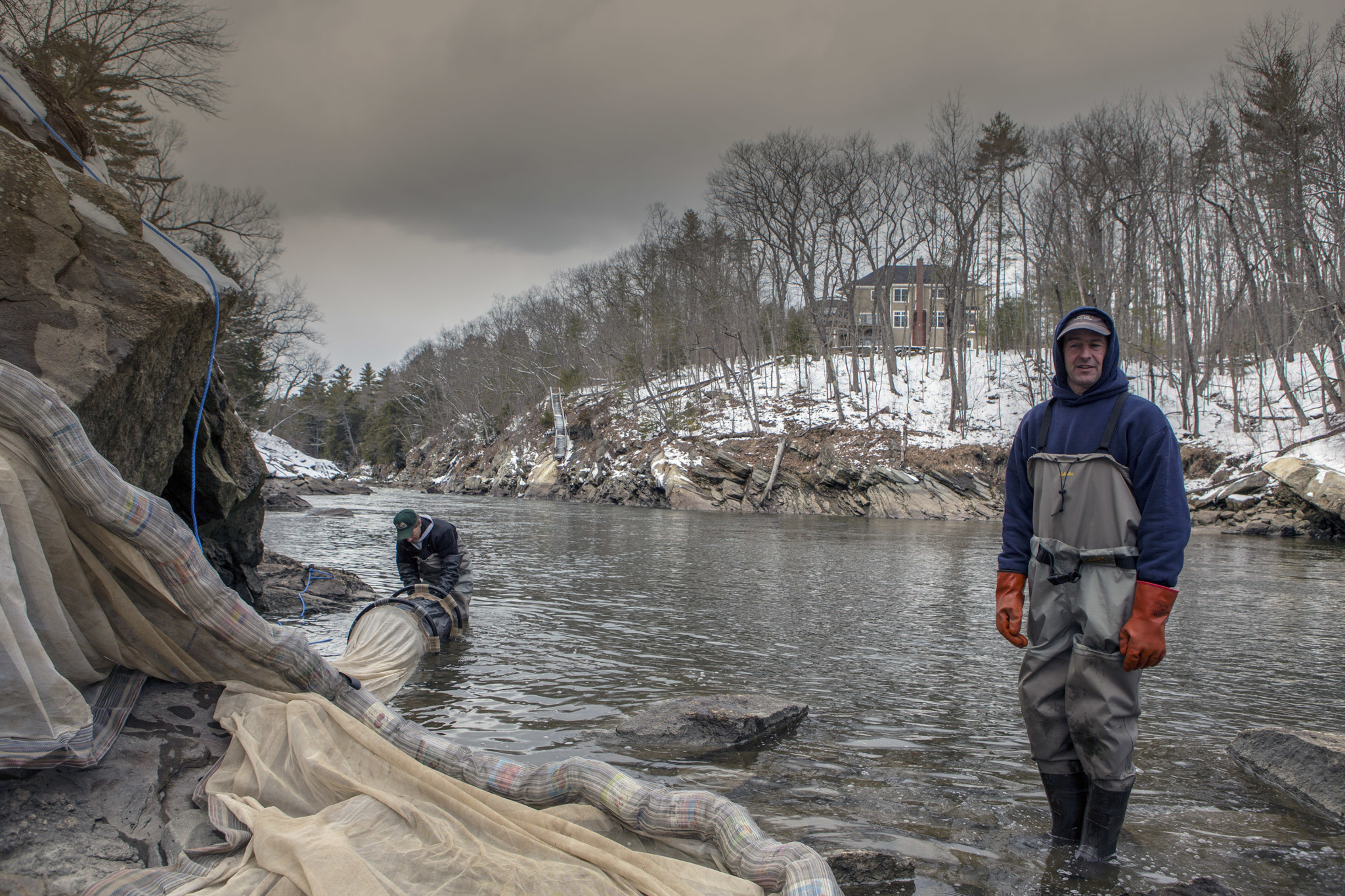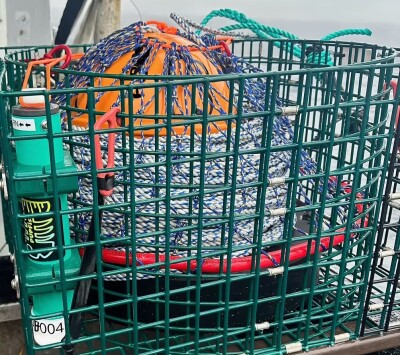Eleven lucky Maine residents were picked by lottery to receive licenses for the state’s red-hot baby eel, or elver, fishery.
The state’s Department of Marine Resources reported that more than 3,000 people submitted 8,000-plus applications to the lottery in hopes of scoring a license that allows them to harvest up to 4 pounds of elvers from Maine rivers and streams beginning in late March.
Maine is just one of two states with an elver fishery, also called glass eels — and Maine caps the total number of licenses at 425, not including tribal access. The average price paid to fishermen has been more than $1,000 a pound. In 2015, it was above $2,000. It is the most lucrative fishery in Maine on a per-pound basis. The 2016 eel harvest netted about $13.5 million, compared with $533 million for the lobster fleet that year. Price per pound was $1,430 for elvers and $4.07 for lobsters.
“I feel incredibly lucky!” said Krista Tripp of Spruce Harbor, who was one of the 11 new licensees. “It’s a great way to start the year and I’m so extremely grateful.”
Tripp said she can already anticipate where earnings from her participation in the fishery will go.
“It’s going to help me immensely,” she said, “especially this spring when I have to fix up some things on my boat before putting her back in the water for another season of lobstering.”
Maine’s elver season starts on March 22 and runs for 10 weeks. The statewide 2018 annual harvest limit is 9,688 pounds, as it has been for the past three seasons. Four Maine tribes get 2,122 pounds of that quota. The remaining 7,566 pounds is divided up among existing license holders less the 44 pounds allocated to the new license holders. Regulators say the quota allocated to the 11 new license holders comes from licenses not renewed after the 2017 season.
The newly licensed will be required to choose whether they will hand dip with a net or use a large funnel-shaped fyke net to harvest the baby eels, which are valued in Asia, where the babies are raised to adult size before being resold in seafood and sushi markets.
But do Mainers who brave the cold springtime weather to harvest the delicacy care for eel?
“Well, I think I have tried it on sushi rolls,” said Tripp. “But I don’t really know how to prepare eel. It’s not a popular thing to eat here in Maine.”







